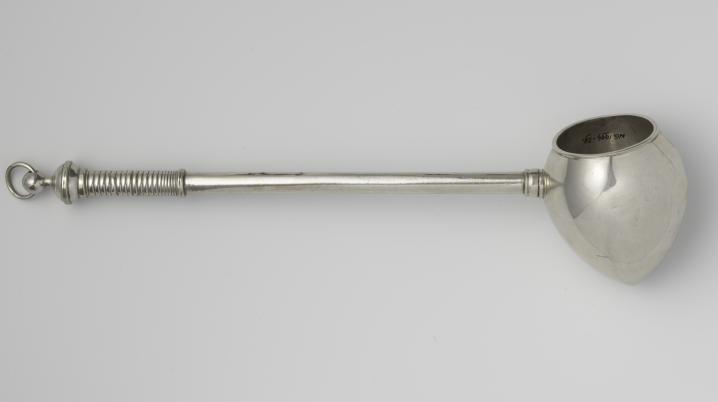
Report on National Policy Framework for Colonial Collections: “Recognition of injustice and willingness to rectify it”
The question: should museums in Europe return colonial objects to formerly colonised countries? and if so, how? and to whom?, has been on the table for several years. And it received new impetus in 2018, following the publication of the renowned Sarr-Savoy report on The Restitution of African Colonial Heritage. A new important contribution has been made to this debate following yesterday’s publication in the Netherlands of the report of the Advisory Committee on the National Policy Framework for Colonial Collections. This Committee, chaired by Lilian Gonçalves-Ho Kang You, was established by the Council for Culture (Raad voor Cultuur) of the Netherlands last year at the request of Dutch Minister for Education, Culture and Science, Ingrid van Engelshoven. At the core of DutchCulture's work is the belief that international cultural cooperation and exchange, based on reciprocity and openness, can enrich societies. Such a National Policy Framework has the potential to open or strengthen many avenues for international cooperation, and DutchCulture hopes to be able to contribute to this important work.
Key principles of the policy on colonial collections
The report states: ”The recognition of injustice and the willingness to rectify it as far as possible should be the key principles of the policy on colonial collections in Dutch museums. The Netherlands must therefore be willing to return unconditionally any cultural objects looted in former Dutch colonies if the source country so requests.”
International and reciprocal collaboration are central
Furthermore, "the Committee advises Minister Van Engelshoven to coordinate this policy with countries formerly under Dutch colonial rule, in particular Indonesia, Suriname and the Caribbean islands. It is important to respect these source countries’ views and wishes, because that is the only way to achieve an outcome satisfactory to all parties. The Netherlands must take care not to adopt a neocolonial approach based only on its own views and standards, the Committee warns".
Independent advisory committee and Centre of Expertise
The Committee also recommends setting up an independent Advisory Committee to advise the Minister on requests to return colonial cultural heritage. "This committee’s recommendations must be made public. (…) Finally, the Gonçalves Committee recommends establishing a Centre of Expertise on the Provenance of Colonial Objects. This centre could conduct additional provenance research and create a publicly accessible database on colonial collections in Dutch museums.”
Read the complete report in Dutch, or a summary of the report in English.

